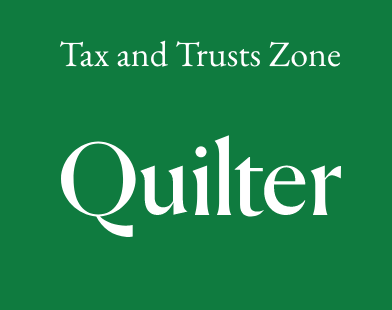Over half of chief financial officers (53%) believe sustainability is very important to their role, with a third (33%) believing it to be one of the most important aspects, according to Open Energy Market.
New research commissioned by the energy procurement specialist said there is “strong commitment” to prioritising the transition to net zero, with 85% believing achieving net zero is important to business growth, however a number of challenges are limiting their progress.
An increase in overhead costs (27%), managing financial risk (24%) and complexity of renewable tech (21%) are seen as the biggest barriers to signing off sustainability investments.
The survey, which looked at the opportunities and challenges facing 150 CFOs in driving sustainability initiatives across the UK, showed that 44% of CFOs believe the financial department is the most important business function in driving sustainability. This view is more pronounced amongst larger companies, with 37% of CFOs at these businesses saying facilitating the transition to net zero is one of their key priorities over the next 12 months, compared to the country average of 26%.
Almost half (48%) of CFOs also said there is room to improve the alignment between procurement and sustainability teams.
Chris Maclean, chief executive officer of Open Energy Market, said: “It’s encouraging to see the strong commitment of CFOs to prioritise the transition and make a difference. If we’re to make these ambitions accessible to all organisations, a huge amount needs to be done to ensure that sustainability project proposals are based on accurate insights, robust modelling and a deep understanding of market volatility.”
Maclean said CFOs face multiple complex considerations when it comes to green energy initiatives. The main reasons for delay are the lack of cost-effective solutions to support implementation of renewables (40%), a lack of technologies that offer investment grade cost-benefit analytics of the business’s energy mix (37%); followed by limited access to expert partners and advisers to support the implementation of renewables (28%).
He added: “As we collectively work towards net zero goals, having up-to-the-minute data and insights on a business’s true energy costs and net zero strategies can unlock the path to a more sustainable future, faster.”
[Main image: charles-forerunner-3fPXt37X6UQ-unsplash]
































